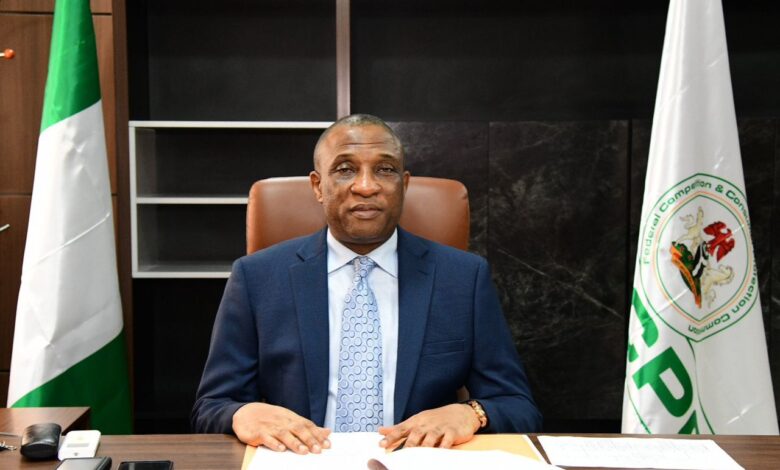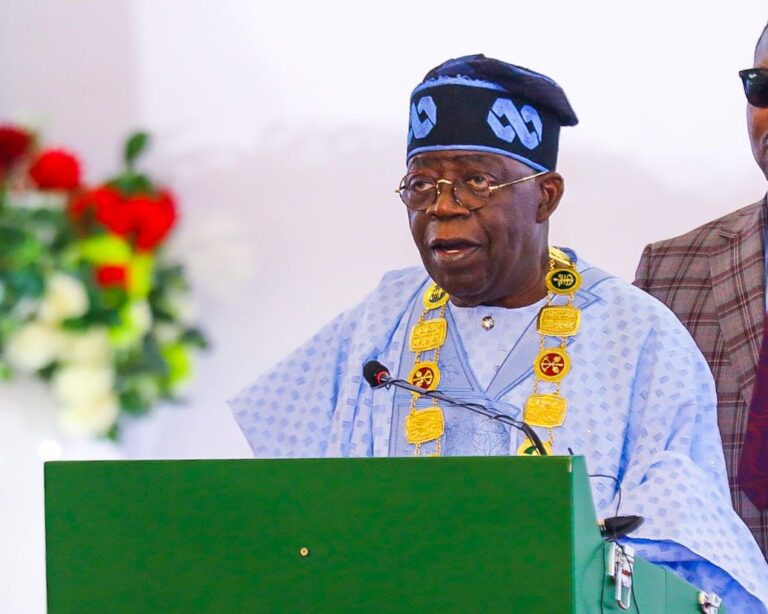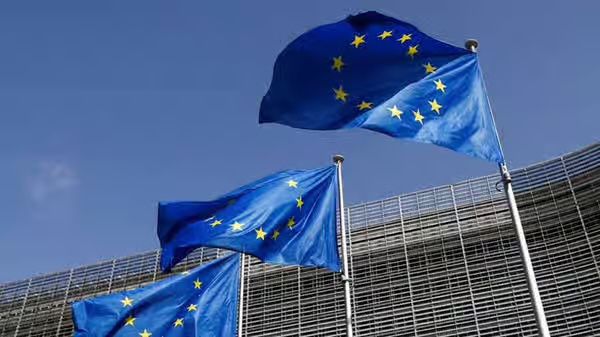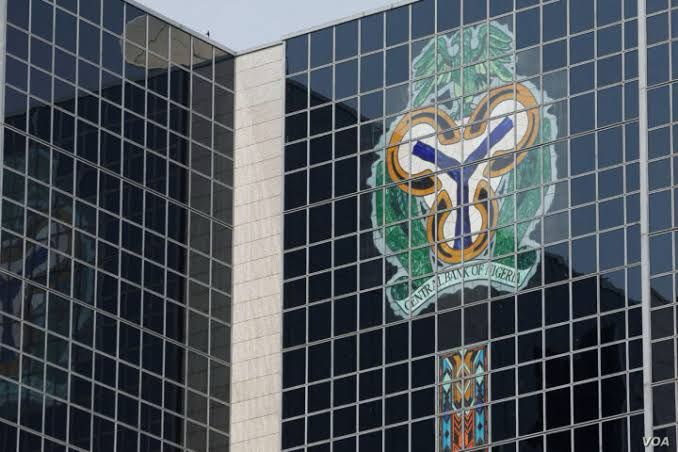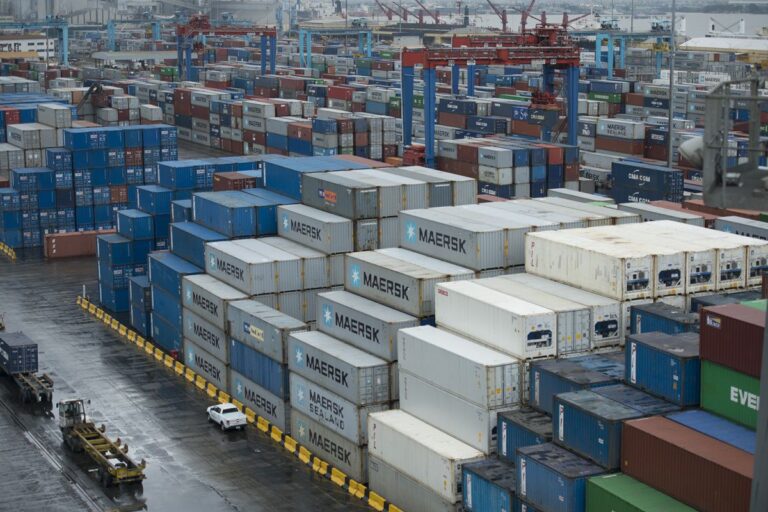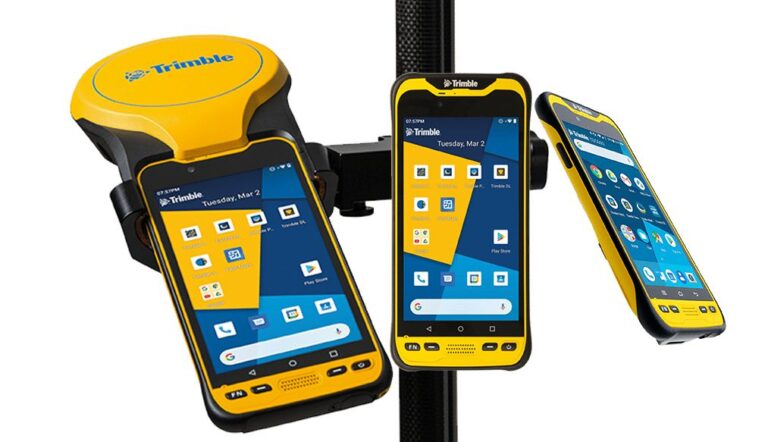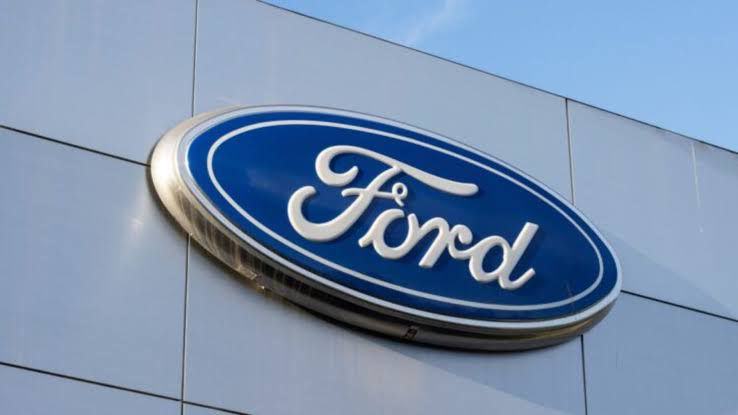Following the recent press releases by the Federal Competition and Consumer Protection Commission (FCCPC), especially the fines of US $200 million against WhatsApp and its parent company Meta, and the report on Coca-Cola and Nigerian Bottling Company regarding product labelling, this analysis provides context, background, and asks whether FCCPC is targeting big and foreign companies and acting in a manner that suggests its investigations are predatory.
The Federal Competition and Consumer Protection Commission (FCCPC), Nigeria’s antitrust watchdog has made three major announcements/conclusions in the last year:
- In December 2023, it announced that it had fined British American Tobacco (BAT) and its affiliated companies a landmark sum of US $110 million. The agency had fined BAT for antitrust practices, following allegations of market dominance abuse and infringement of public health regulations.
- On 18th July 2024, it announced it had fined WhatsApp, the messaging service owned by Meta LLC US $220 million for “infringing consumer rights and engaging in conduct that constitutes abuse of dominance through their integrated business practices and updated privacy policy.”
- On 1st of August 2024, the commission released a report into the “misleading branding and labelling practices and allegations of anticompetitive conducts by Coca-Cola Nigeria Ltd and the Nigerian Bottling Company Ltd.” It has not concluded Coca-Cola yet, but a clear pattern has emerged.
Both BAT and WhatsApp were fined for antitrust practices using their market dominance and the same allegations are levelled against Coca-Cola. In addition to the fine against BAT for abuse of market dominance and infringement of public health regulations, the FCCPC said the maker of Lucky Strike and Dunhill cigarettes had also penalised retailers for providing equal platforms for its competitors’ products. The fine was the first levelled by FCCPC and the highest ever levied by Nigeria for antitrust violations. The same pattern has emerged in relation to WhatsApp and Coca-Cola, though based on different reasons. WhatsApp investigations were triggered on the back of its May 2021 updated privacy policy while Coca-Cola was based on a change in the formulation and resultant labelling of its Coke product. In the case of WhatsApp, the company has been given 60 days from the day of the release of the conclusion to pay US $220 million (though it appears the company is heading to the courts) while such a conclusion has not been reached in the case of Coca-Cola.

BAT and Coca-Cola investigations started within a year of establishing the FCCPA, while WhatsApp investigations started in 2021. The Coca-Cola investigations started in June 2019, following the Act in February of this same year, while the investigations into BAT were opened in August 2020. Indeed, the FCCPC initiated an investigation into BAT and affiliated companies in August 2020 and obtained a federal court order in January 2021 to search multiple BAT sites and those of service providers for evidence used in forensic analysis. It added that additional investigation and analysis of evidence established multiple violations of competition laws. The FCCPC will monitor BAT for 24 months to ensure appropriate behaviour and business practices consistent with prevailing competition laws and tobacco control efforts, the watchdog said. In the case of Coca-Cola, it said it obtained vast materials from the company. In WhatsApp’s case, it followed the publication of its new privacy policy in May 2021.
Public responses were largely positive following the BAT announcement in December 2023, while public responses appear muted in the case of WhatsApp and Coca-Cola in the midst of worsening economic conditions. Following the historical fine on British American Tobacco and its alliances by the Federal Competition and Consumer Protection Commission (FCCPC), the public response focused on the following:
- It was widely acknowledged as a positive development because it is seen as that the agency able to hold accountable big businesses in the country.
- Due to biases against tobacco, it was widely acknowledged as a positive development that will help curtail BAT and the tobacco industry in Nigeria.
- Then, finally, it was seen as a litmus test for both the agency and other players in other industries. In the context, the public’s appetite is for another big business to be fined in same manner.
However, the responses to the fine on WhatsApp and the report on Coca-Cola has not attracted the same level of public attention. Also, unlike the BAT case, WhatsApp has appealed the decision.

These conclusions have three major things in common. Given that the agency started operations in 2019, the conclusions provide an emerging pattern:
- All the companies are foreign companies. While these three companies have significant operations in Nigeria, and in the case of both British American Tobacco (BAT) and Coca- Cola, have operated for decades in Nigeria, they originated and are affiliated to their home countries.
- All the companies are big companies. As the reports and releases by FCCPC show, all three companies are dominant players in their industries, and control over 50% of the revenues in their industries.
- The pattern that has emerged suggests a targeted, and perhaps predatory investigations on the companies. In the three cases, it appears they have been targeted. In the case of Coca-Cola, the commission said it “became aware”. In the BAT case, it followed “series of credible pieces of information and intelligence”, while in the WhatsApp case, it was based on “available evidence and sufficient probable cause”.
This report looks at the gaps in the motivation and processes that led to these conclusions. This report shows that the agency appears to have targeted the companies, and by inference, wants to stamp its authority on the competition space in the country, with respect to the scale of the fines. However, this approach, while capable of flaunting short-term victories, has the potential for long-term injurious implications for investment, growth, and jobs in the country:
- The FCCPC should not see itself as a competitor to businesses, but rather an enabler of a competitive system and markets. In the context, the “victory” should not be in the scale of the fines but how its activities support a growing competitive economy.
- That the FCCPC should be cautious to ensure that its activities are not predatory (focused on big international businesses) but on a systematic application of its competitive rules and regulations across all industries. For instance, it may want to review how its investigations are triggered.
- That one of the most important roles of any government agency in Nigeria today, including the FCCPC is to support government’s efforts at attracting and keeping investments in the country, and not stifle them.

This report thus looks at the regulatory and fiscal dimensions of the work of FCCPC as it relates to the fines on BAT and WhatsApp, and seeks to make three important points. First, it appears there is a misalignment between the regulatory and fiscal powers of FCCPC to the extent that there is a huge incentive for the agency to pursue big businesses because they can pay huge fines. Second, and following from the first is that the fiscal incentives in the regulatory powers of FCCPC will mean the pursuit of only big and perhaps foreign businesses, and not a systematic pursuit and correction of uncompetitive business environment in Nigeria. Third, it appears that the FCCPC action was predatory. The FCCPC was established in 2019, but the same year, it “became aware” of changes to Coca-Cola formulation, by August 2020, it commenced investigations against BAT. In the BAT case, there is evidence to suggest that the materials for the investigations were collated before the establishment of the FCCPC
Competitiveness, Fiscal Policy, and Incentives
The 2019 Act setting up FCCPC was a landmark establishment of an antitrust and competition agency in Nigeria. In 2019, President Muahammadu Buhari signed into law the Federal Competition and Consumer Protection Act, thereby creating the agency. The agency’s purpose is to develop and promote fair, efficient, and competitive markets in the Nigerian economy and to also facilitate access by all citizens to safe products and secure the protection of rights for all consumers in Nigeria.

FCCPC was modelled after the South African Competition Act. It is widely accepted that the Act establishing the FCCPC on 30 January 2019 was a landmark, replacing the ineffective Consumer Protection Council (CPC). The Act was largely modelled after the South African Competition Act. It established two institutions for the purpose of enforcing its provisions. These are the FCCPC and the Consumer Protection Tribunal (CPT). The key function of these agencies is to eliminate monopolies and prevent or curtail the abuse of dominant market positions. In addition to repealing the CPC, the FCCPA also repealed the Investment and Securities Act (ISA) 2007, which empowered the Securities and Exchange Commission (SEC) to approve mergers and acquisitions. While the South African competition regime is regarded as a model of competition for developing countries, it is also seen as a vehicle for the attainment of national economic and social objectives.
The overriding legislation of FCCPA. Sections of the Act establishing the FCCPC give it overriding powers over existing legislation in relation to competition and consumer protection. It thus means that the FCCPC has precedence over any other specific laws in those areas. Though sections 47 (2) and 105 (6) ( c ) acknowledge the leadership position of the FCCPC, there is a role for negotiable agreement with other relevant agencies.
Antitrust agencies have become critical and powerful in moderating competition in many global economies. The Act follows the increasing importance of antitrust agencies in increasingly competitive economies and markets. Antitrust agencies have also become common in Africa in the last 15 years. Combined, they have formed the African Competition Forum (ACF), an informal association of African national competition authorities. Launched in 2011 in Nairobi with 19 countries, the association promotes the adoption of competitive principles in member countries. The number of members of the association has grown to reach 34, reflecting the growing number of African countries that have since established competition agencies, including Nigeria.
Does FCCPC Regulatory and Fiscal powers align?
The fiscal slice of BAT and WhatsApp fines. Besides the scale of the fines, though WhatsApp has not paid up, the other remarkable revelations surrounding the FCCPC fines were how the fines paid by BAT were sliced between the competition agency and the government. BAT was fined US $110m, an equivalent of about NGN52 billion and the agency reported a revenue for the year ending 2023 of N56 billion. It thus means that the agency generated more than 90% of its revenues from a single fine. The agency remitted N22 billion of that to the government. The sharing of the generated revenues is underlined by the funding model of the agency. FCCPC is allowed to keep not more than 50% of its revenues to cover its operational expenses. The remaining 50% is regarded as an operational surplus. They are also allowed to keep 20% of their operational surplus and remit 80%. From the N56b, they are allowed to retain not more than N28 billion for expenses (of course they took the entire allowable). Add to that N5.6b (the 20% of remaining N28b) – N33.6b. That’s why they remitted N22.4b.


The fiscal ratios for the 2023 revenues of the agencies tilt fiscal incentives towards big fines from big businesses. In his press round at the end of the year, the former Executive Vice Chairman Babatunde Irukera clearly explained how the agency generated N56 billion in 2023, virtually all from a single fine. Underlying this assertion is that the agency can programme its activities and target industries that help it to meet its fiscal target every year. Otherwise, how, and why should an agency’s revenue for the year be from a single firm? Regulatory and fiscal incentives matter and it is at play here. Given this incentive, it becomes complex and difficult to ensure that regulatory incentives are not tantamount to fiscal incentives. To eliminate that bias, it may be necessary for the fines to be determined by a third party. The current pattern inadvertently provides the FCCPC with the incentives to go after big businesses that have the funds to pay or foreign companies that have global reputations to maintain. And the trio of BAT, WhatsApp, and Coca-Cola fits the bill. Therefore, if it focuses on big and or foreign businesses for revenues, it may inadvertently become predatory and not pursue the systematic application of competition rules and regulations across all industries.
Big and foreign businesses
The competitive landscape in Nigeria is tilted towards foreign large companies and businesses. Across the Nigerian economic landscape, given the historical dimensions and evolvement of different industries and companies, most industries are dominated by foreign companies. While the economy is largely competitive, most large businesses still enjoy the first-mover advantage. Most of these companies, many of which are global can suffer reputational damage, disruption to operations, and loss of investor confidence when targeted by competition agencies such as the FCCPC. While there are significant gaps in Nigeria’s competitive landscape, it is largely because there is a dearth of investment and a hostile macroeconomic environment. The market is still shallow.
The continuous fines of Multinational firms in Nigeria are affecting the current unemployment levels in Nigeria. More jobs are lost daily, as these companies are constantly adjusting, to accommodate their loses from such fines and other regulatory pressures. Fines are a part of regulations, and a means of restoring parity to erring corporations, but not targeted fines. It is not clear what ratio of its annual revenues from Nigeria was paid by BAT, but such a fine is a significant sum that will affect investment, growth, and jobs in the company but also send mixed signals to other and similar companies within and across industries.
Predatory

The predatory nature of the BAT Case. In this report, we have attempted to show that the processes that led to the plea bargain by BAT last year, and now WhatsApp and Coca-Cola deserve improvements in the future for the implementation of the competition and antitrust laws not to stifle investments, growth, and jobs. We have already analysed the fiscal incentives to pursue big businesses because they are the ones that can pay, and not necessarily because each successful conviction leads to an improvement in the competitiveness of markets in the economy. The second point, also following from the first, is the incentive to go after big businesses and foreign ones because they are often easy preys. But the third gap we identified in the case is the least tolerable.
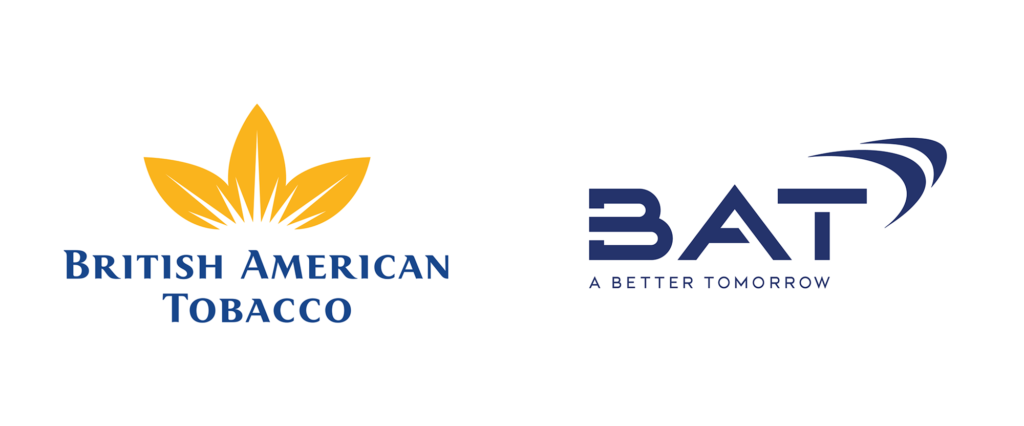
The predatory background to the BAT case – Finally, as shown in the news by the UK Guardian below, the involvement of Mr Babatunde Irukera in cases against BAT predates his days as the head of the competition agency in Nigeria. https://www.theguardian.com/world/2008/jan/15/smoking.britishamericantobaccobusiness. In 2008, as the Managing Partner of the Simmons Cooper Partners, a legal firm based in Lagos and Abuja, Nigeria, had sued three tobacco companies on behalf of the Nigerian government. Otherwise, the ability of the new agency established in 2019 to start investigations into BAT activities a year later in 2020 would be regarded as the most efficient and effective public agency in Nigeria. It is the case that the experience and data in the cases a decade earlier have been rehearsed and represented in the face of a now-established competition law.
ps://www.theguardian.com/world/2008/jan/15/smoking.britishamericantobaccobusiness
Self-funding agencies are allowed to keep not more than 50% of IGR to cover their expenditure. The remaining 50% is regarded as operational surplus. Then, they are allowed to keep 20% of their operational surplus and remit 80% to CRF. So, from the N56b, they are allowed to retain nothttps://www.theguardian.com/world/2008/jan/15/smoking.britishamericantobaccobusiness more than N28 for expenses (of course they took the entire allowable). Add to that N5.6b (the 20% of remaining N28b), you get N33.6bwhy they remitted N22.



